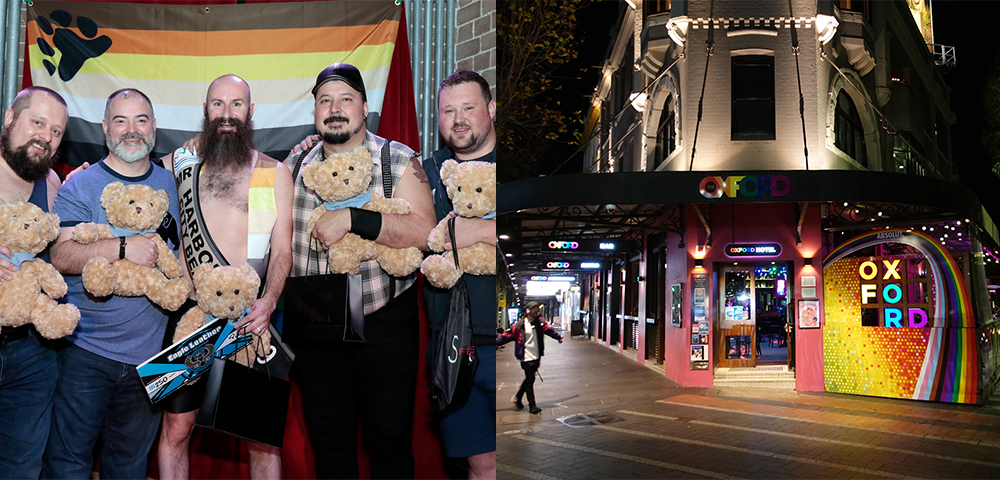
Intersex reforms pave way forward

 Groundbreaking new guidelines on recognising intersex, transgender and gender-diverse people in official documents could represent a major step forward in sex and gender-diverse rights recognition.
Groundbreaking new guidelines on recognising intersex, transgender and gender-diverse people in official documents could represent a major step forward in sex and gender-diverse rights recognition.
Released by the federal government on Thursday, the Guidelines on the Recognition of Sex and Gender give individuals the option to select male, female or ‘X’ when asked to supply gender information on personal records, with ‘X’ being defined as “indeterminate, intersex or unspecified”.
The guidelines, which come into force on July 1, also recognise that some people may wish to have different gender/sex specifications on different documents, allowing intersex and gender non-specific people to register as male or female on their passports to ensure their safety when travelling overseas.
Attorney-General Mark Dreyfus said the guidelines were a sign the government acknowledges that people of intersex or indeterminate gender “should be recognised and reflected in their personal records”.
“Transgender and intersex people in Australia face many issues trying to ensure the gender status on their personal records matches the gender they live and how they are recognised by the community,” Dreyfus said. “These guidelines will bring about a practical improvement in the everyday lives of transgender, intersex and gender diverse people.”
Organisation Intersex International Australia (OII) welcomed the new guidelines, calling them “respectful” and “accurate” in a statement released shortly after the guidelines were made public.
“The impact of the guidelines is broad, and every aspect of the commonwealth government is affected,” OII said. “The agreement of these guidelines across government departments and agencies, along with evidence of strong input from affected communities, is a very significant achievement. The Attorney General’s Department must be commended for it.”
The guidelines urge departments and agencies to bear people’s privacy in mind, stating that information on a person’s sex or gender should only be collected when there is a legitimate reason for doing so, and that agencies should “ensure individuals are generally aware of the purpose for which the information is being collected”.
In 2011 UN High Commissioner for Human Rights Navi Pillay described Australia as “in the vanguard of change” when it came to intersex rights after welcoming improved recognition of sex and gender on Australian passports.









